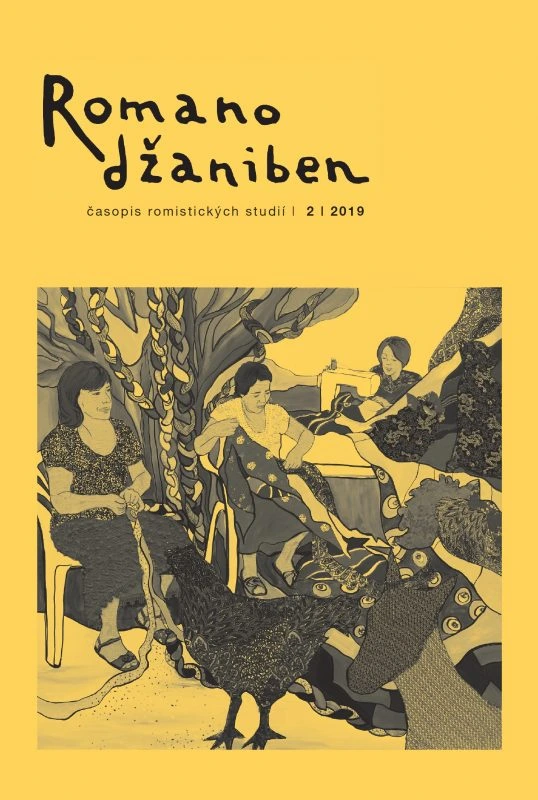
Special issue of Romano Džaniben on the forced sterilization of Romani women, ed. by Helena Sadílková
This special issue of the journal Romano džaniben (2/2019) addresses the critically urgent and sensitive issue of forced sterilizations of (Romani) women. The majority of the contributions are geographically and temporally focused on the contemporary Czech and Slovak Republics, covering the entire history of forced sterilizations of Romani women in these regions during the communist era. The issue also highlights ongoing efforts to raise awareness, publicize, and provide reparations to the victims of these egregious practices.
Articles by G. Albert, C. Cahn, and Š. Ivanco present the latest developments in the struggle for compensation for Romani women who were forcibly sterilized on the territory of the former Czechoslovakia and its successor states. Contributions by Z. Andrš, R. Pellar, and L. Viková focus on the situation in Czechoslovakia at the end of the 1980s, a period marked by increasing attention to this issue not only among researchers but also within the Romani community itself.
In particular, the journal includes a Czech translation of the landmark 1990 study by the Dutch organizations Vereniging Lau Mazirel and Stichting Informatie on Charta 77. This study was instrumental in documenting the sterilization practices imposed on Romani women in the Czechoslovak Socialist Republic in the late 1980s. It provided the foundational research that led to the subsequent criticism of these practices, their cessation, and, ultimately, the compensation of the victims.
In addition, the studies by M. Runcis and L. Viková place the issue in a broader historical and international framework. Viková's contribution focuses uniquely on the sterilization of Roma women in the territory of the Protectorate of Bohemia and Moravia during World War II. In contrast, Runcis's paper contextualizes the history of forcibly sterilized women in Sweden, examining this issue within the overarching structures and policies of the Swedish welfare state.
The language of this special issue is Czech.